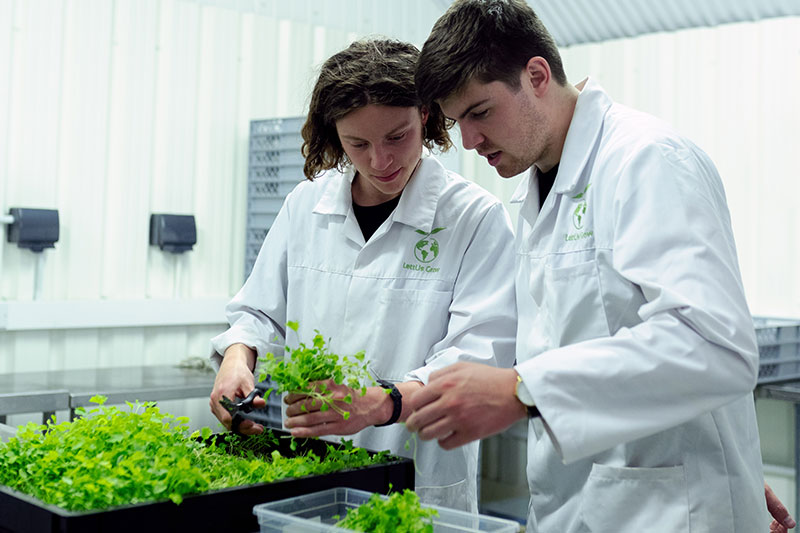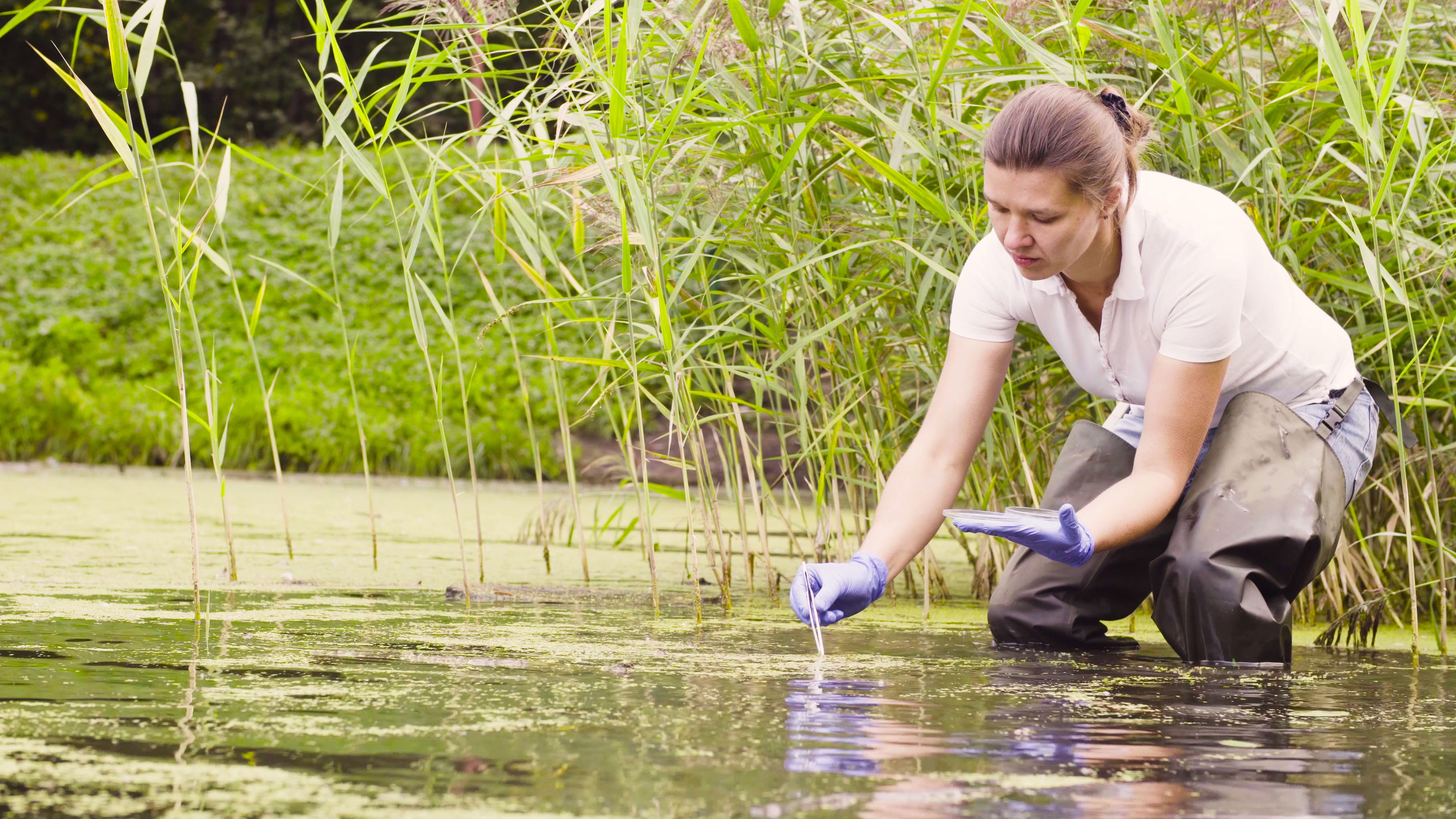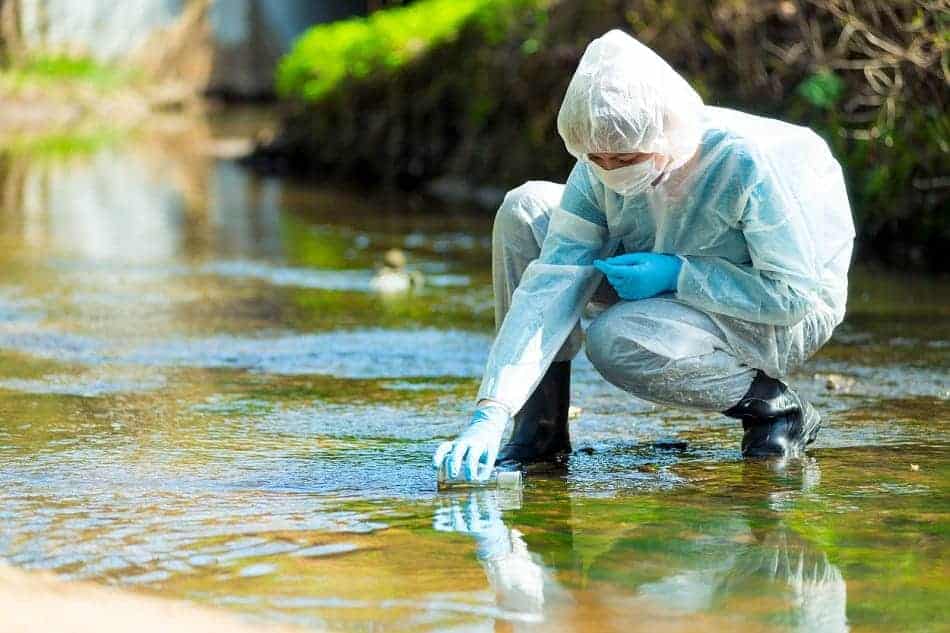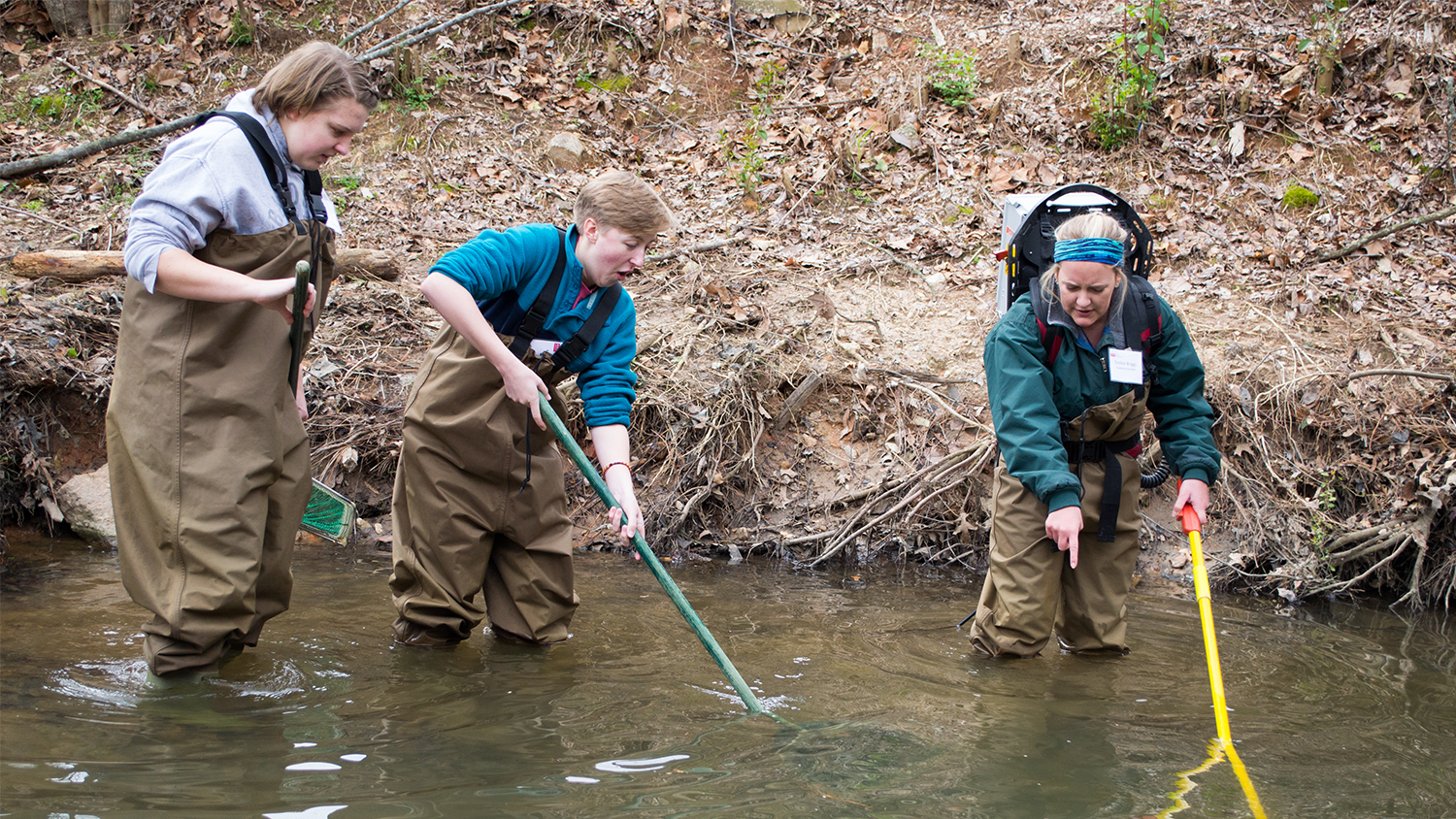As Mr Cunningham and Mrs Dewhurst have been highlighting the importance of environmental action this week, I thought we would look at some of the careers available in the environmental sector. This is predicted to be a growth area (no pun intended!) so read on for more details of where you might fit in …
An environmental science degree isn’t the only route into the sector – explore the different paths into environmental work to see which best suits your skills and ambitions
Whether you opt for an internship, graduate scheme or environmental apprenticeship, gaining experience is crucial for finding environmental work.
Self-employment is an option in the sector, in areas such as environmental consultancy, but only once you’ve built up considerable experience and in-depth knowledge.
/female-windfarm-engineer-506483318-590cea5e5f9b5864707ba96d.jpg)
Do I need a related environmental degree?
Entry into some occupations, such as land-based engineering, is only possible with a specific degree. For other careers, including environmental management or conservation, entrants usually study a relevant environmental degree. Science, agriculture, geography or business degrees are considered useful for many roles in this sector.

Discover what you can do with an environmental science degree.
If you didn’t study a related subject at undergraduate level, an environment-focused Masters is a great way of positioning yourself towards a particular career.
For information on specific entry requirements and qualifications, see our environment and agriculture job profiles.
What environmental skills do employers want?
Recruiters typically look for candidates with:
- relevant practical and technical skills
- an interest in environmental or sustainability issues
- teamworking skills
- physical fitness (for roles based outdoors)
- business awareness or management skills.

Where can I get work experience or training?
Some specialised degrees – such as those in engineering and forestry – may include a placement year during the course, but if not you’ll find that work experience is essential when applying for most environmental jobs.
Formal work experience opportunities are usually advertised on company websites. For example, JCB takes on university students, as well as those studying for their A-levels, for its one-week programme. It’s expected that you live within a 25-mile radius of a JCB site, as you’ll have to make your own travel arrangements. During the week, you could be placed in a number of departments, including engineering and technical services.

Farm machinery manufacturer KUHN takes on more than 150 trainees each year for its internships and part-time industrial work placements, from young farmers through to career changers and postgraduates. You’ll be assigned a mentor who will advise you throughout the placement.
Not-for-profit organisations also offer internships, but these are often unpaid. The National Trust offers a range of environmental management, conservation and horticultural internships, with travel expenses and lunch costs typically covered.
The National Marine Aquarium (NMA) offers a voluntary three-month husbandry internship, where you’ll feed livestock and carry out general maintenance duties of display tanks, plankton cultures and life support systems at the aquarium’s Plymouth location. The NMA also offers placements in husbandry to students with a year in industry as part of their degree.
For the 3, 6, 9 and 12-month Royal Society for the Protection of Birds (RSPB) internships, your travel expenses will be reimbursed while accommodation is provided for residential volunteers.
To find the latest placement opportunities, search environmental work experience.

How do I find a graduate job?
Many government and public sector organisations, such as Natural England, the Scottish Environment Protection Agency (SEPA) and the Environment Agency (EA), provide job opportunities at all levels. Find out more about Environment Agency careers.
If you’re looking for jobs that help the environment, you’ll find that vacancies are not always formally advertised as the sector is dominated by small companies – so try sending out speculative applications to organisations you’d like to work for.
When it comes to jobs for agriculture graduates, there’s a choice of commercial and technical roles on progressive farms, or in the large number of global and regional companies involved with crops, livestock, machinery and food. The latest agriculture roles are typically advertised at environmentjob and IEMA Jobs.
You can also search graduate jobs in environment and agriculture.
Sign up to get personalised job alerts and shortlist your favouritesRegister

What environmental graduate schemes are available?
You can find programmes at large environmental companies, including:
As well as science and engineering streams, there may also be opportunities in other areas – such as business management, IT, sales, marketing, accounts and HR.
To gain entry onto most commercially-focused graduate schemes, companies often accept any degree subject, although some employers insist on a 2:1 as a minimum requirement.
The Forestry England runs a two-year graduate management programme for those with a 2:1 or above in a science-based subject related to the environment, civil engineering, land management or forestry. However, those with a business studies background will also be considered for the future leaders programme.
The Environment Agency requires postgraduates with a Masters in civil engineering for entry onto their structured three to four-year graduate training scheme in flood and coastal risk management.
If you’re ready to apply for the next intake, search for environmental graduate schemes.

What about environmental apprenticeships?
There’s a long tradition of work-based learning in the environmental sector due to the hands-on nature of roles, with apprenticeships widely available.
Land-based and environmental awarding body Lantra offers apprenticeships at Levels 2 (GCSE) and 3 (A-level), including arborist, forest operative and land-based engineering technician. To get involved you’ll need to search for a local learning provider, as well as a suitable employer.
At the Environment Agency, you could choose to undertake an assistant scientist (Level 3) or facilities management (Level 2) apprenticeship, with the paid workplace training taking place in either a laboratory or office respectively.
Consultancy firm Mott MacDonald runs advanced and degree apprenticeships in a number of areas including civil engineering, transport planning, building services engineering, project management and quantity surveying.
For details on the full range of agriculture, environmental and animal care apprenticeships, see GOV.UK.

Do I need to study at postgraduate level?
The sector relies heavily on practical and technical skills, so some employers favour work experience coupled with relevant qualifications below postgraduate level. However, research roles may benefit from further study, while environmental management and consultancy jobs are highly competitive – a Masters in an environmental subject may give you the edge in this specialist area.
For example, agricultural consultancies may require a Masters in animal production. A seed and crop technology Masters is also necessary for working in a technical consultancy post.
Search for postgraduate environmental science and ecology courses.

Find out more
- Learn about horticulture courses.
- See what else the environment and agriculture sector has to offer.

Written by Rachel Swain, Editorial manager
Prospects · February 2021

